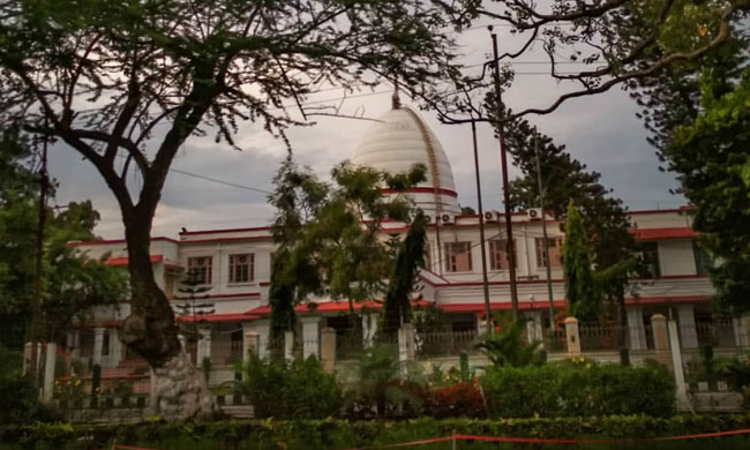The Gauhati High Court has held that there is no claim on property of a deceased person by his children if the said property was not inherited by the deceased person during his lifetime. Mere living in the property does not imply that the property stood transferred to those who were the occupant of the said property.Justice Nelson Sailo observed,"Shri. K. Vanlalmalsawma during his lifetime...

